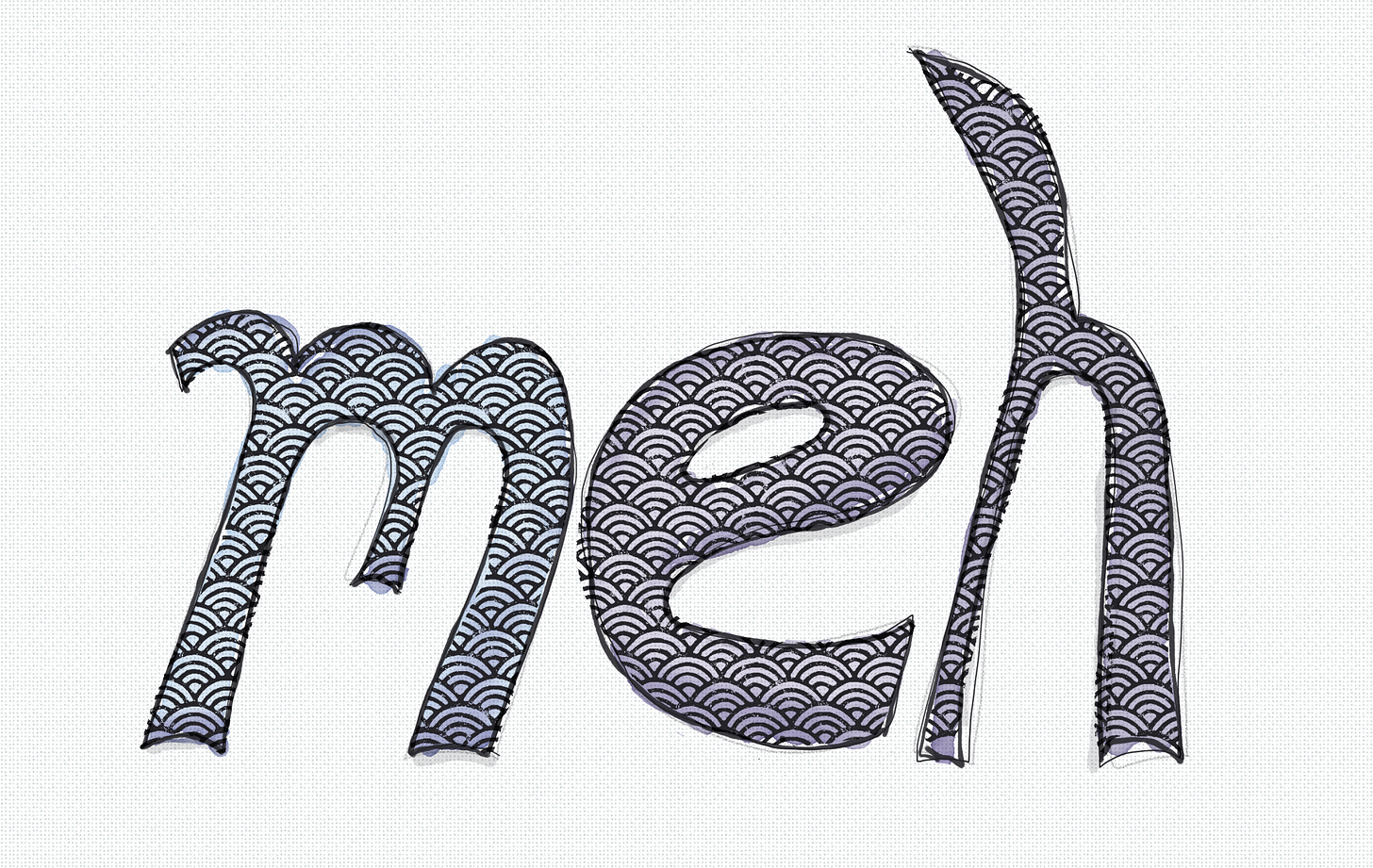TBM 23/52: The Mediocrity Trap
aka Don't Do Meh Product Work
In this week’s post, I am going to share ten thoughts about mediocre work. In no particular order. Trigger warning. This can be hard to talk about.
Mediocre work can be very costly. It falls short on impact, but is not small enough to throw away and start over. Not a 2 outcome with effort level 1, with the potential for improvement. Not a 10 with effort level 7. But a 4 with 5.25 effort! Like a meh dinner that cost good money.
Often we pass through mediocrity on our way to something better. It motivates us. It taunts us and keeps us up at night. “I can keep making this better and get it to a good place!” It’s a transient state. Unless we stop. In which case it is mediocre work. Teams give “learning” lip-service. The proof is in the pudding…where did that learning go?
Mediocre work drains motivation and morale. We can cloak it in success theater, but no one involved is buying it. Not even junior team members. And not your customers. Without the counterbalance of amazing work (and the big misses we learn from), you risk it becoming all your team knows.
“Doubling down” on mediocre work with more mediocre work, makes it exponentially mediocre. Mediocre^3. Insult to injury. Salt into wounds. This happens to everyone, of course. With care and luck, over time we learn how to cut our losses and not fall victim to irrational escalation of commitment and the sunk cost fallacy. Without care and luck...
Rationalized mediocre work is even worse than accidentally mediocre work. The calculus is alluring on the surface. A 5.25 is EXACTLY 1.75 less than 7 in terms of effort! Wow, that’s the right option! We can eek out 6.72 days of work on something else! But it rarely pays off in retrospect unless we’re very good at glossing things over. You’ll hear from people who made millions/billions of dollars off a mediocre work. They’ll explain how it made everything possible. Don’t trust them. Seek counterfactuals.
Product work is hard! We fall short all the time (if we’re honest with ourselves). Falling short and learning from it—in ways that help us make better decisions in the future —is different from mediocre work. The thing with mediocrity is that there’s a component of knowing better. To the experienced folks, this is on you to help your more junior team members, while checking your own overconfidence. You’d be surprised, though. Junior team members also have a mediocrity radar.
There’s nothing worse than a big sprawling project treated with attention level 5. Not focused enough to figure out the moving parts, and collaborate. But still a big deal. You can’t let it languish there. You have to make room to dot your Is and cross your Ts. All hands on deck. Run the project, or don’t do it. Few orgs can handle more than a couple of these without dragging everyone down, so you’ll have to limit BPIP (big projects in progress). Or you'll end up with lots of MBPIP, mediocre big projects in progress. Which leads to a big backlog of stuff-to-do. Which increases WIP (work in progress). Which increases MP (mediocrity probability).
If you normalize mediocre work, you risk alienating the people who care. Now they are the weird ones, the dogmatic ones, the heel draggers, and the zealots. If you’re lucky they can find outlets outside of work to scratch that itch, but that never lasts long. They’ll leave. Don’t be part of that. And if you are part of ostracizing others, please reconsider.
Craft matters, and craft enables outcomes and quality. But craftful work can also be mediocre work if it doesn’t solve a real problem. Craft is a seductive distraction when you have no sense if your work is working. Craft AND focus/purpose is an incredible combination. Shoot for that!
So how do you prevent your org from slipping into the various mediocre work traps? Even mentioning the word “mediocre” is liable to inspire wicked glances. And this is a veritable cognitive bias minefield. The first tip is to start with a definition of awesome. Something people can really relate to. That has a clear link to business success. Second, do your best work and create success stories. Make that definition of awesome nonfiction not fiction. Have something to point to that yells AMAZING. Third, ironically, is to publicize when things don’t work. Things that normalize misses, allow you to bail out of losing bets earlier.
Fourth (and I don’t get paid any more/less if you do this) but if you’re curious about Amplitude, and want to help me surprise a coworker, please read on. Amplitude makes understanding impact and doing better work easier. It isn’t magic. But it helps.
I have a very thoughtful coworker, Beata Petkowa, who can help. I've been wanting to surprise her for a while now to thank her for doing a kick-ass job. Email her at beata.petkowa@amplitude.com. She can route you to the right person who can tell you more about the product. The bonus is that if you become a customer, or are seriously interested, I can probably work with you!
Do great work! Together!


